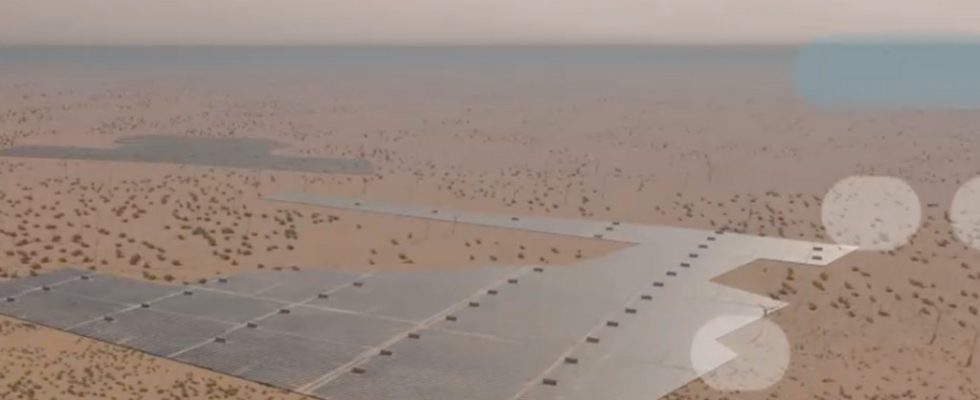The fifth meeting of the “Compact with Africa” initiative, launched by Germany within the G20, was held on Monday in Berlin. It brought together the thirteen African countries that are members of this project as well as three others who wish to become members. During this meeting, there was a lot of talk about energy, a central subject for Germany.
2 mins
With our correspondent in Berlin, Pascal Thibaut
The war in Ukraine and the end of Russian gas deliveries forces theGermany to review its energy supplies. And this time, Berlin does not want to put all these eggs in one basket and, in this sense, wants to strengthen its economic relations with theAfrica.
Africa is a partner in this area because of the continent’s gas resources and its potential for renewables and hydrogen, which Germany will have to import massively in the future. “ Many African countries have excellent potential for renewable energies and consequently for the production of competitive hydrogen. “, declared Olaf Scholtz before adding: “ Produce hydrogen and we will be reliable customers “. The meeting brought together heads of state and government of the countries concerned but also Emmanuel Macron and the representatives of the European Union, Ursula von der Leyen and Charles Michel.
Read alsoFaced with high energy costs, Germany launches a vast aid plan for the industrial sector
“Extraordinary potential to be exploited”
The time must no longer be as in the past for the purchase of raw materials by the countries of the North. African countries must participate in their processing to develop a local industry. And the development of renewable energies is also essential for Africa.
In Namibia, for example, the German government supports a factory which will produce steel with hydrogen without CO2 emissions. The President of the African Union Commission, Moussa Faki Mahamat, also highlighted Africa’s potential in this sector. “ I believe there is extraordinary potential to be exploited. There are possibilities to do this, it is enough that the partners, in particular the private sector, have the necessary conditions of support from the various governments “, he expressed.
Olaf Scholz encouraged German companies to invest more in Africa. But the risks associated with these projects make them more expensive than elsewhere. Hence the importance of aid and guarantees provided by the country of origin such as Germany.
Read alsoHydrogen, an energy of the future?
